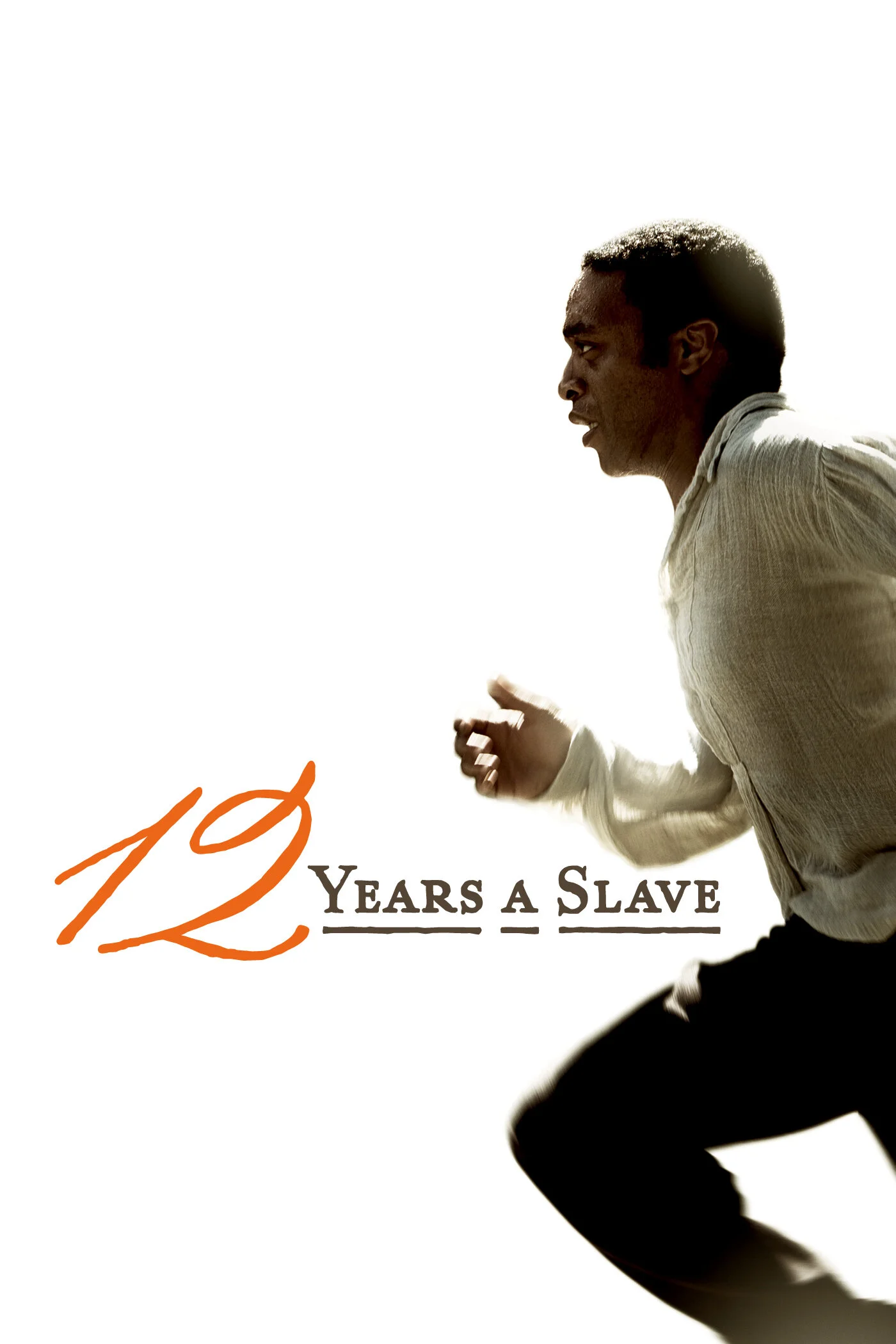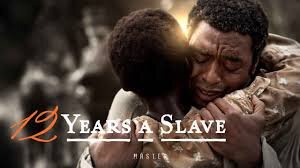12 Years A Slave: Part 2
Back to “12 Years A Slave.” There’s a lot going on in this movie that affected me. First, the absolute cruelty of the slave dealers and the slave masters. Yes, I already knew this and had already seen it depicted in other movies, but seeing it at a time when I’ve already been struggling with the darkness and evil in the world and in my own life made it harder. Most of the time, I don’t want “hell” to exist. But at moments like that, no matter how much I hold onto and believe in the mercy of God, I want justice and retribution. I want those cruel people to burn in Hell. I want them to see what they did to other human beings and to feel it. I want them to feel exactly what they inflicted. I want them to suffer and be drowned in regret. I want them to cry out for forgiveness to those they abused and killed, those they tortured and maimed, those children and parents and husbands and wives they separated. Anybody else have the same reaction?
And I can’t get over the cognitive dissonance of the Christian slave owners. How could they preach to their slaves and pray and have any authentic faith at all, and continue to perpetuate the abuse and evil? I’m sure it drove some of them to insanity, as the slave owner Epps personifies. Chiwetel Ejiofor, who plays the slave Solomon Northup in the movie, says of Epps, “He’s a man who’s frying his own brain.” This is the disconnect between knowing what you believe or what you should do, and doing the opposite. But this is the struggle for all humans, on some level, isn’t it? As Paul says in Romans 7: “I do not understand what I do. For what I want to do I do not do, but what I hate I do.” The difference between Epps and Paul, though, is that I don’t think Epps even wants to do what’s right. I don’t think he hates what he does. He just knows it’s not right, that it cannot be consistent with being a Christian. But he persists in living in the system, greatly benefitting from it, and indulging the “desires of his sinful nature” (read the list of these in Galatians 5:19-21, you see a complete description of the way Epps acts, despite his claim to be a Christian).
On the other end of the spectrum, the faith of the slaves is so amazing. I am awed by their faith in the face of the injustice they are surrounded by. They hold onto God’s hand for dear life and console each other with God’s promises for comfort and freedom and justice. In one scene, an older slave woman encourages a younger slave woman: “And you take comfort, Patsey; the Good Lord will manage Epps. In His own time the Good Lord will manage them all. Yes, Lordy, there’s a day coming that will burn as an oven. It’s coming just as sure as the Lord is just.” Amazingly, the inconsistent faith of their slave owners does not seem to shake them. On the contrary, the slaves have real faith and are more spiritually mature than their slaveholders because of their trials. They personify this verse in I Peter 1:6-7. “There is wonderful joy ahead, even though you must endure many trials for a little while. These trials will show that your faith is genuine. It is being tested as fire tests and purifies gold – though your faith is far more precious than mere gold. So when your faith remains strong through many trials, it will bring you much praise and glory and honor on the day when Jesus Christ is revealed to the whole world.”
The last shall be first and the first shall be last.



